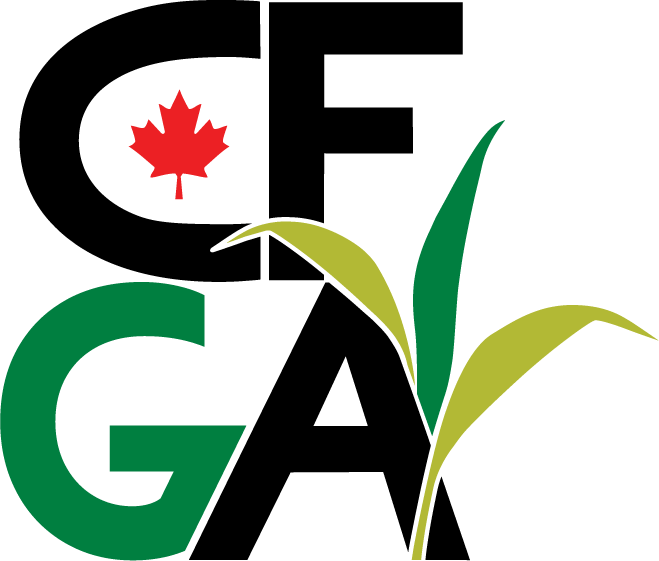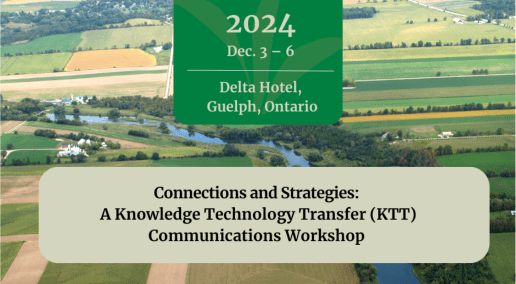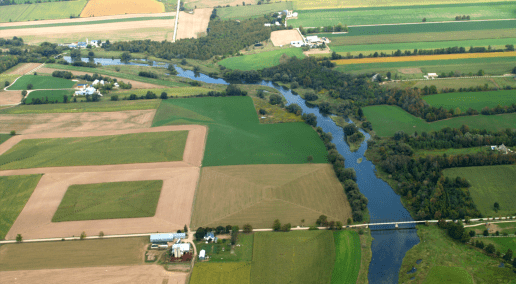Aaron Goertzen, BMO’s senior economist and vice president, analyzes performance and risk across a diverse selection of industries and countries. His research is regularly distributed to clients in the media and is also used as an input to internal risk management functions. He presented Canadian Economic Outlook: What Now, What Next.
Aaron started his talk at the Canadian Forage and Grassland Association’s (CFGA) 2025 conference in Guelph, Ontario, in December. reflecting on the challenges of the past few years including 40-year high inflation, 25-year high interest rates, wars in Ukraine and the Middle East and, finally, the challenges and uncertainty facing Canadians in light of a second Trump administration.
However, in spite of all that, he said there is good news. The Bank of Canada has made progress in bringing inflation down, which allows banks to lower interest rates, which lessens financial pressures on households and businesses.
He spoke about the election of President Trump and the republican mandate, saying from a macroeconomic perspective for Canada, it means two things: stimulative fiscal policy south of the border, which will probably mean the extension of tax cuts, and trade risks.
The 25 per cent tariff on U.S. imports from Canada was already being floated and if implemented would be a major negative for Canada, potentially impacting Canadian economic activity by two per cent. He said this could lead to the Canadian dollar dropping 10 to 15 per cent in response to the tariff.
Aaron added those trends would likely lead to the Bank of Canada lowering interest rates and some kind of Federal stimulus package to minimize the impact.
With regards to growth, in December the U.S. was already strong and running at capacity. Aaron said any type of stimulus would probably lead to inflation, but he expected them to do it anyway. He added that, in Canada, it’s been tougher, with growth running “one and change” over the past couple of years.
“It’s pretty rare to see the Canadian economy under perform the U.S. by this much, given how integrated the two are,” Aaron told attendees. He explained this by saying Canada is running a much more reasonable fiscal policy and not borrowing as much. “The U.S. is making us look frugal.”
Also, Canadians have a greater interest rate sensitivity with households having a higher debt levels relative to their incomes. He expects the growth gap between the two countries to meet in the middle, if things don’t get out of hand on trade.
Aaron closed by saying the GDP per capita has been declining and he stressed it’s important for key sectors to remain competitive. “We need to look at the size of our public sector, high marginal tax rates, the impact on investment…we need to make sure we’re investing in the types of infrastructure and physical capital factories that contribute to a country’s wealth and that can create opportunities and growth for the future.”
2024 conference recordings
The recordings are available for free to those who registered for the 2024 conference. For more information, email [email protected].
Early bird registration open for 2025 CFGA Conference
The CFGA has launched early bird registration for its 16th annual conference. Organized in partnership with the New Brunswick Soil and Crop Improvement Association (NBSCIA), this year’s conference will take place at the historic Crowne Plaza Hotel in Fredericton, New Brunswick, Nov. 18 to 21. The theme is Greener Horizons: Technological Innovations in Forage and Grassland Management and the event will include pre-conference workshops, two days of presentations and a not-to-be-missed post conference tour to several New Brunswick farms.
Take advantage of early bird registration and register today on the CFGA website. Early bird registration ends on Aug. 31.
Back to Conference 2024



Leave a Comment